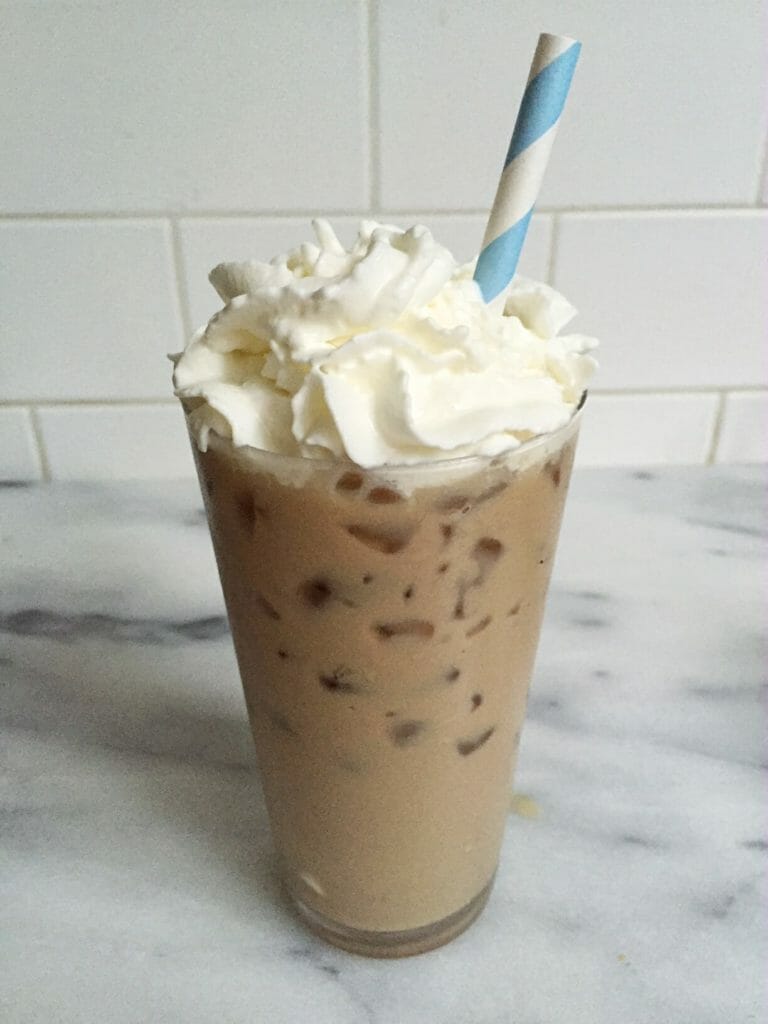I didn’t touch my first cup of coffee until I was in college, when I thought it gave me the appearance of looking far more grown up than I felt. Among my own children, though, swilling lattes in coffee shops is part of the middle and high school culture. Kids routinely convene at Starbucks (or here in San Francisco, at hipster coffee shops that sell $5 toast) to hang out or do homework. Indeed, research shows that between 1999 and 2010 caffeine intake from coffee rose from 10 to 24 percent among children and adolescents.
The question is, should parents be concerned about their tween bellying up to the barista for another macchiato? After all, we know that drinking coffee can benefit adults in myriad ways, from better concentration to improved athletic performance.
The answer in my opinion, is yes, there is reason for caution. Here’s why:
CAFFEINE
While we know that caffeine has some upsides, little is known of the long-term effect of regular coffee consumption among kids. The American Academy of Pedriatrics advises that children of all ages lay off the caffeine, which is known to increase blood pressure and heart rate, not to mention disrupt sleep, particularly among the young and uninitiated. I have seen first hand how a tired teen might want to reach for the coffee pot during finals. However, routinely relying on caffeine for energy begs the bigger question of whether a child is getting enough sleep in the first place.
Suggestion: Look for drinks that are naturally caffeine-free, such as steamed milk with a dash of cinnamon or herbal tea. Teens who have developed a taste for coffee can order decaf instead. For adolescents looking to coffee to stave off sleepiness, it may be time to take a good look at the amount and quality of sleep they are getting and make some adjustments accordingly.
SUGAR
Coffee is notoriously bitter, a flavor that takes some getting used to, particularly for young palates. As a result, kids can get heavy handed with the sugar. Pre-sweetened coffee drinks, such as frappuccinos, are often sky-high in the stuff. Consider the data that found more than one-third of hot drinks at Starbucks contain more sugar than a can of Coke.
Suggestion: Heavy up on the milk, which will not only offset coffee’s bitterness, but also provide added calcium (a mineral many are lacking, teens girls in particular). When opting for prepared coffee drinks, ask the barista to scale back the number of pumps of syrup by at least one-third. Better yet, have them leave it out altogether and sweeten it yourself, if desired. Also, be aware that plant-based milks, such as soy and almond, are often already sweetened, so taste your drink before you head for the sugar shaker. Lastly, don’t fall for “light” drinks, the ones that boast being “sugar free”. They’re likely sweetened artificially, which isn’t a good choice, either.
CALORIES
A cup of black coffee has a weensy 2 calories. You’ll burn more lifting the cup to your mouth than consuming what’s in there. But look around at what most kids (and many adults) are drinking at coffee shops; they’re more like shakes than coffee. Consider, for example, that a large white chocolate latte with whip at The Coffee Bean & Tea Leaf is 650 calories. That’s nearly 100 more calories than two Haagan Daz ice cream bars.
Suggestions: Educate your children that frothy, sugary-sweet, whipped cream-topped coffee drinks aren’t really coffee at all. They’re dessert and should be enjoyed as an occasional treat not an everyday thing. When ordering prepared drinks, choose the smallest size, scale back the sugar, and skip the whip. Better yet, aim for simpler drinks, such as herbal iced tea or decaf iced coffee that you dress up with milk and sweeten yourself.
Should your tweens and teens be bellying up to the coffee bar? Share on X
